The government shutdown, now the longest in U.S. history, has entered its 36th day, with the ongoing closure sparking disputes over a range of topics, including the separation of powers, the federal workforce, food assistance, and air traffic control. At the heart of the impasse is a debate about health care, specifically expiring subsidies for health insurance premiums purchased on the Affordable Care Act marketplace.
According to health experts, the subsidies in question are crucial for millions of Americans who rely on the Affordable Care Act to access affordable health insurance. "These subsidies are a lifeline for many low- and moderate-income individuals and families who would otherwise struggle to afford health insurance," said Dr. Rachel Nuzum, a health policy expert at the Commonwealth Fund. "Without them, many people will be forced to choose between paying their premiums or paying for other essential expenses, such as rent or groceries."
Despite the importance of the subsidies, Republicans have been hesitant to extend them, with some lawmakers expressing opposition to the Affordable Care Act itself. "We still don't like Obamacare, and we don't think it's the right solution for America's health care needs," said Sen. Tom Cotton, R-Ark. However, some Republicans have suggested that extending the subsidies could be a way to address the current impasse. "We're willing to work with Democrats to find a solution that extends the subsidies and gets the government back open," said Sen. James Lankford, R-Okla.
The debate over the subsidies has been ongoing for months, with Democrats withholding votes on a Republican-backed short-term spending measure in an effort to pressure Republicans to extend the subsidies. "We're not going to support a spending bill that doesn't include a fix for the subsidies," said Senate Minority Leader Chuck Schumer, D-N.Y. "We need to get this done, and we need to get it done now."
The shutdown has had significant consequences for many Americans, including federal workers who have gone without paychecks and individuals who rely on government programs such as food assistance and air traffic control. "The shutdown is having a devastating impact on many people, and it's only going to get worse if we don't get a deal soon," said Rep. Pramila Jayapal, D-Wash.
As the shutdown continues, health experts are warning of the potential consequences for public health. "The shutdown is not only causing immediate harm to individuals and families, but it's also undermining the long-term health and well-being of our communities," said Dr. Nuzum. "We need to get a deal done as soon as possible to prevent further harm and ensure that everyone has access to the health care they need."
The current status of the shutdown remains uncertain, with negotiations between Democrats and Republicans ongoing but no clear resolution in sight. As the shutdown enters its 37th day, many Americans are left wondering when the government will reopen and when they will have access to the health care they need.
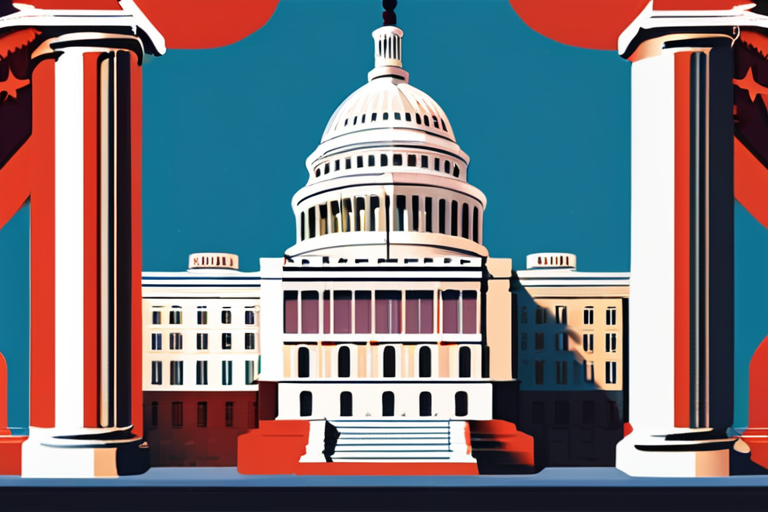


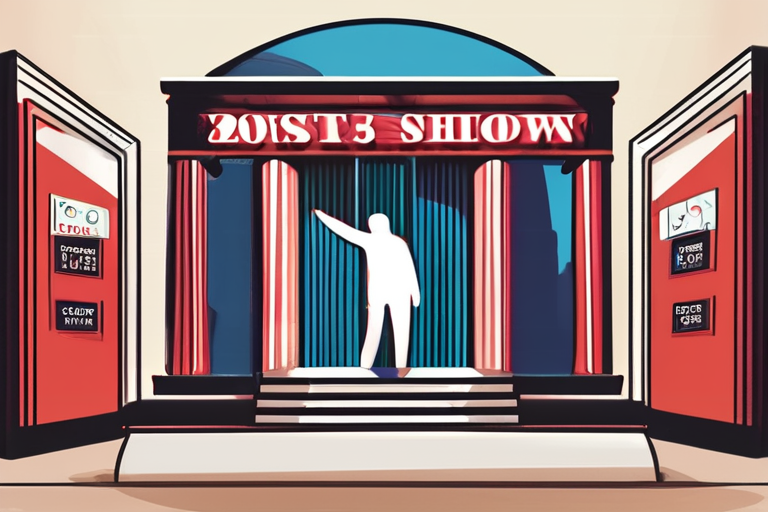

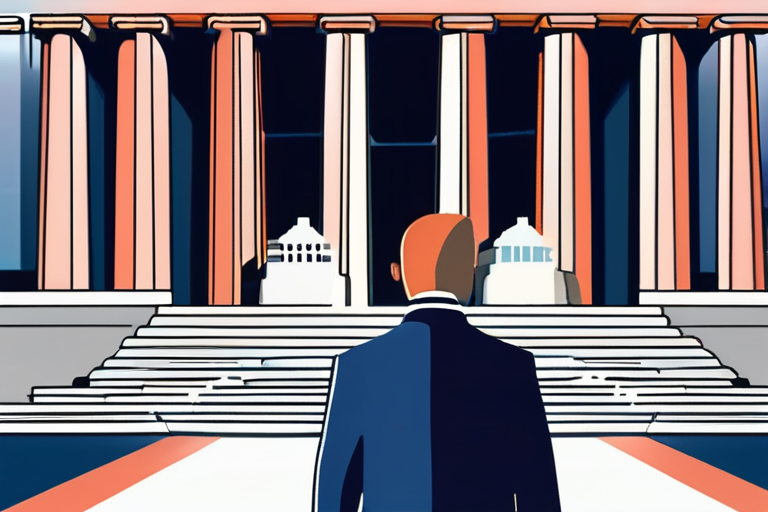
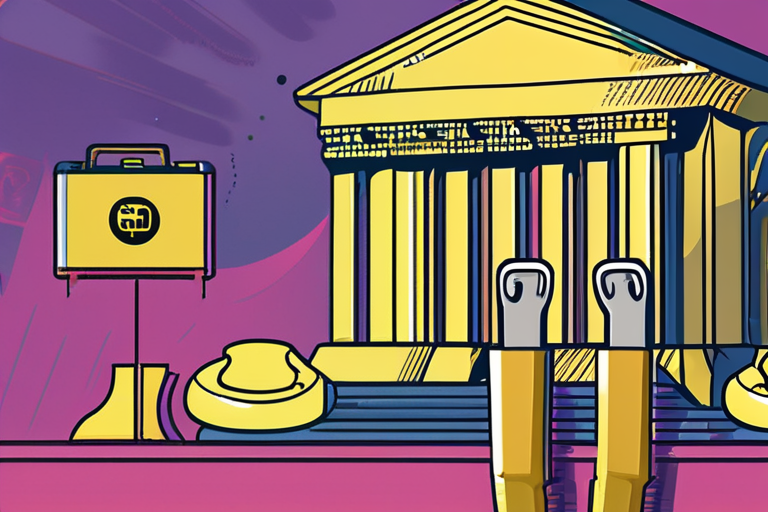
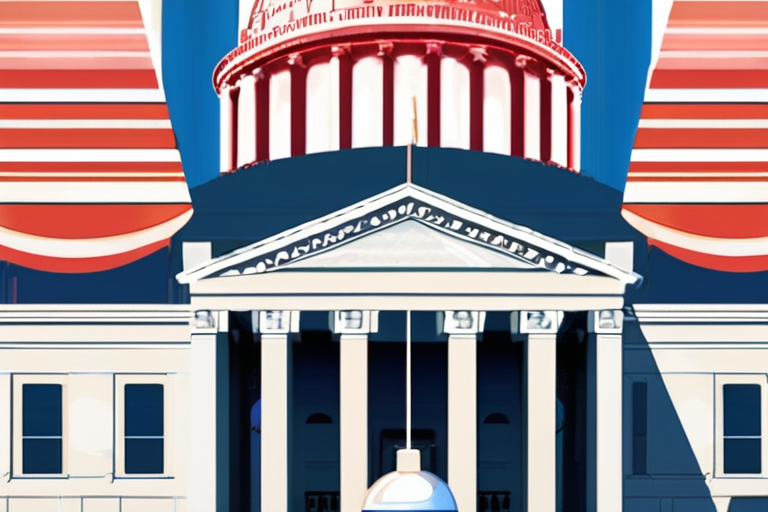
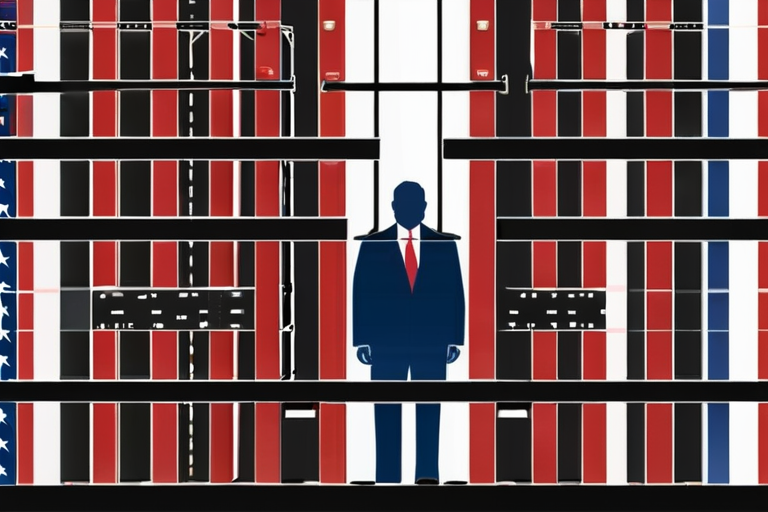
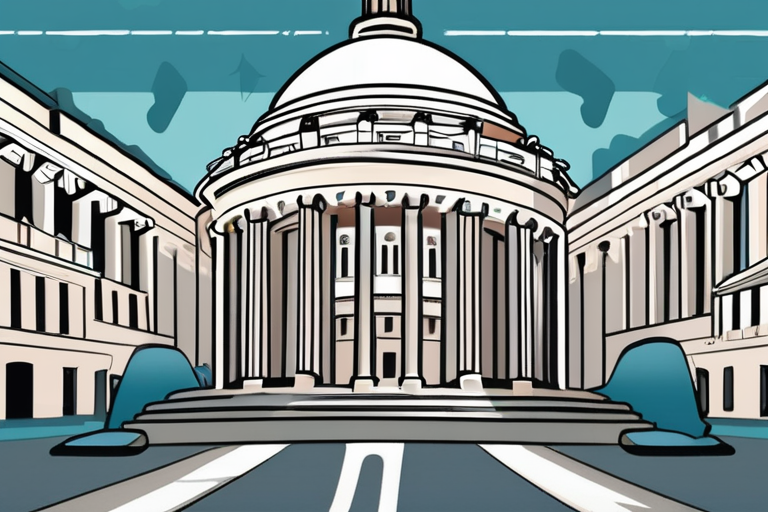
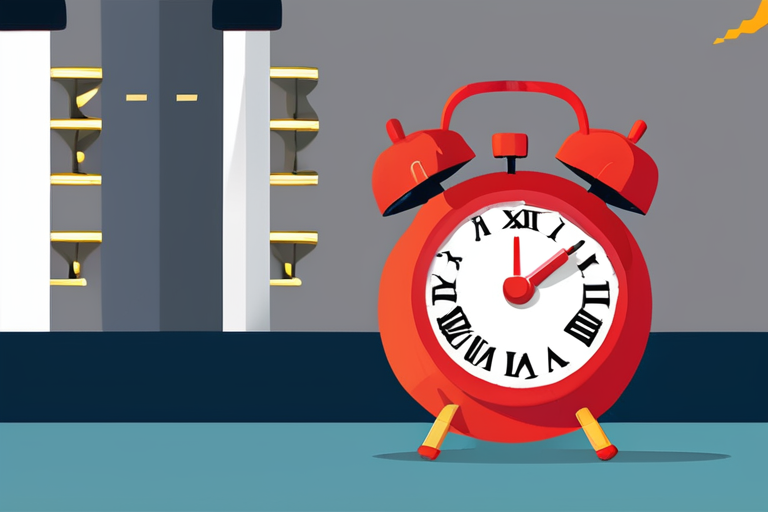
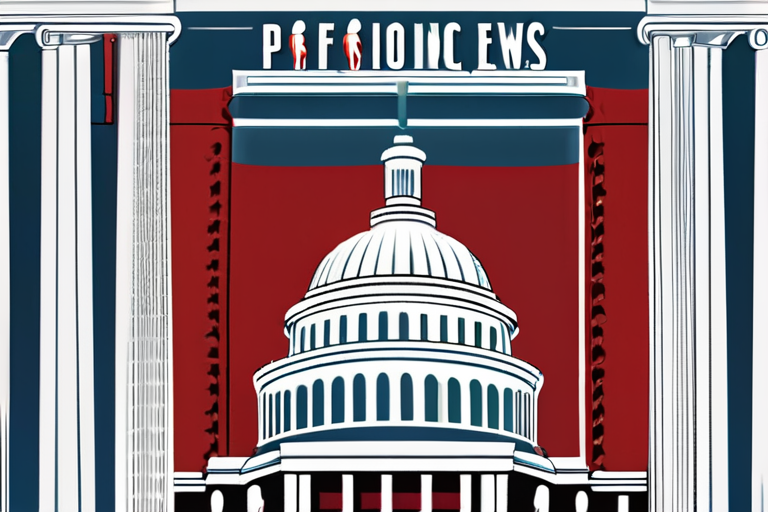
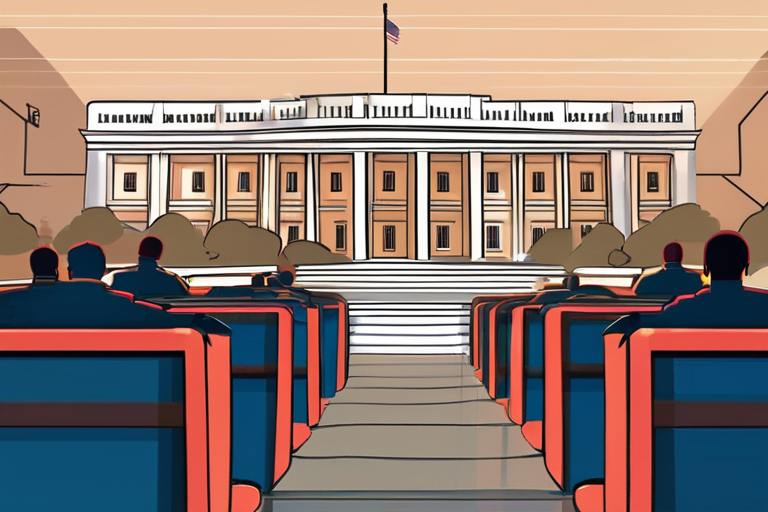
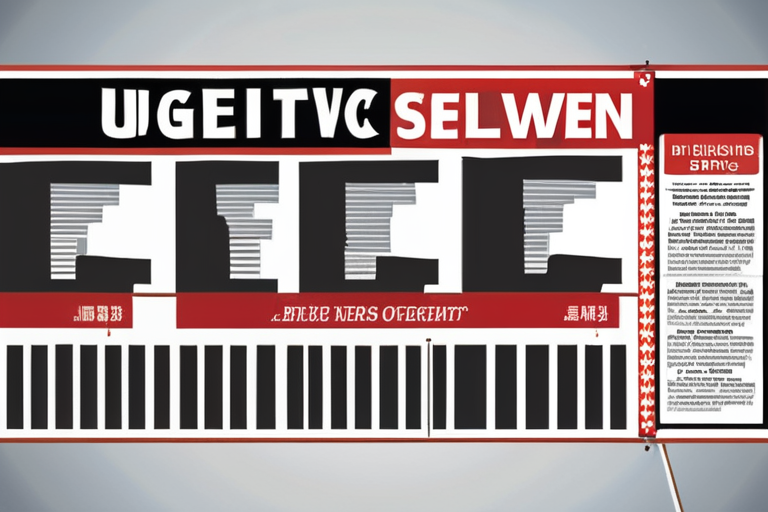
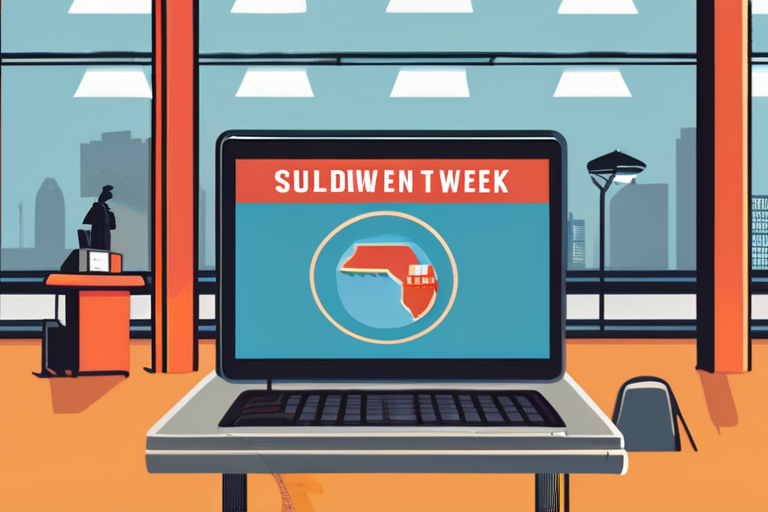
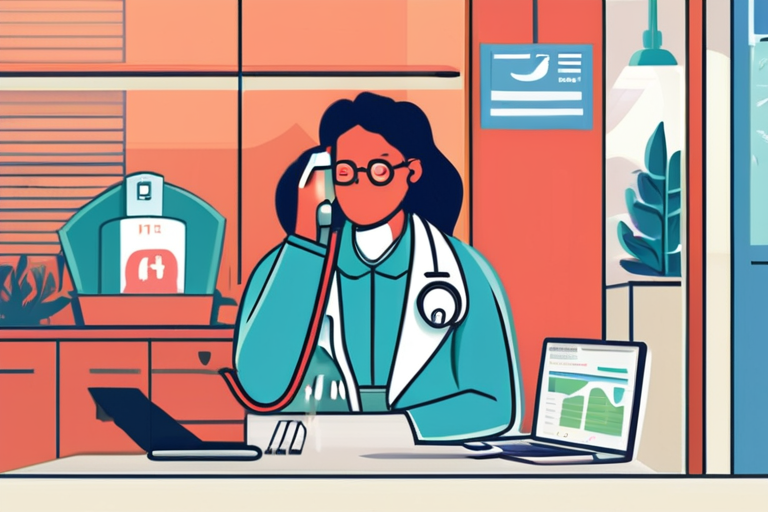
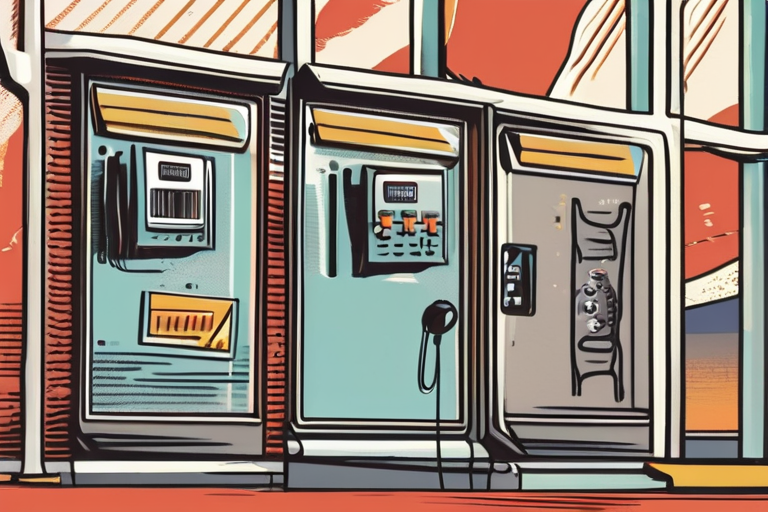


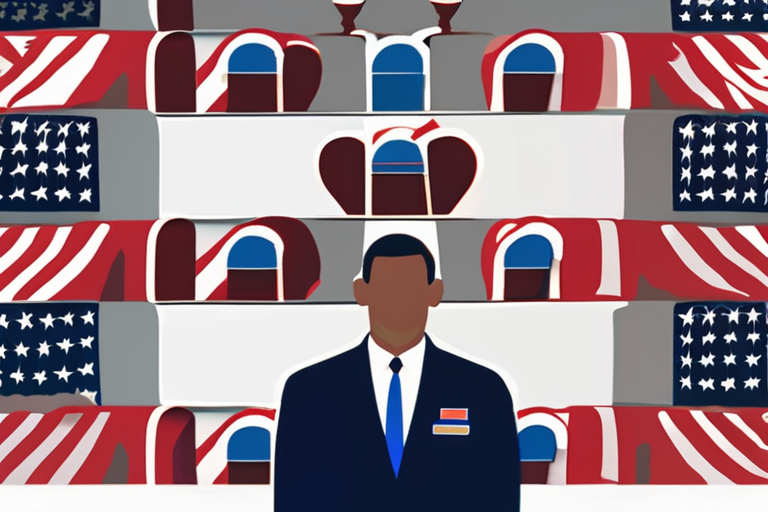
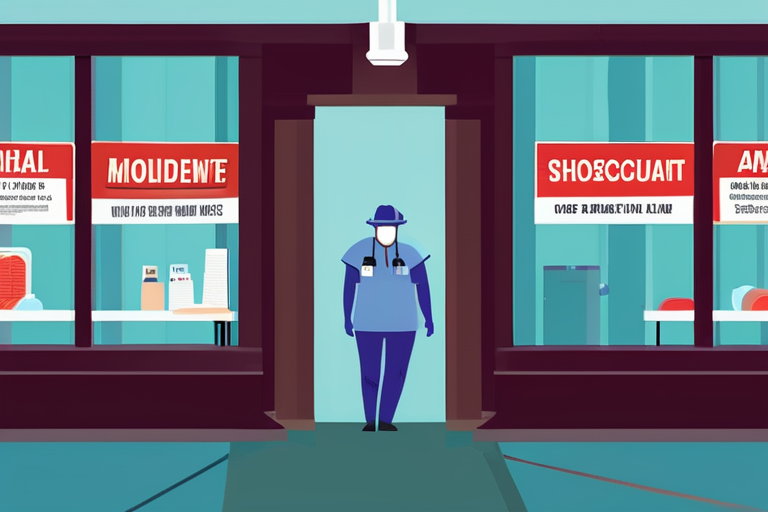
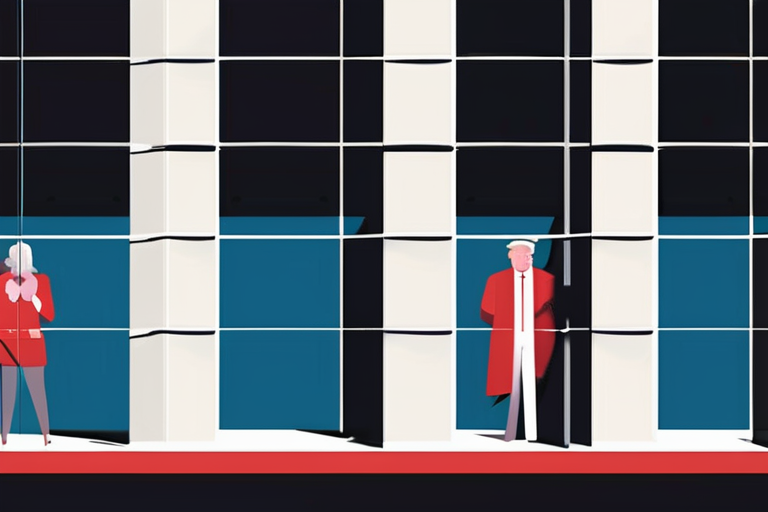

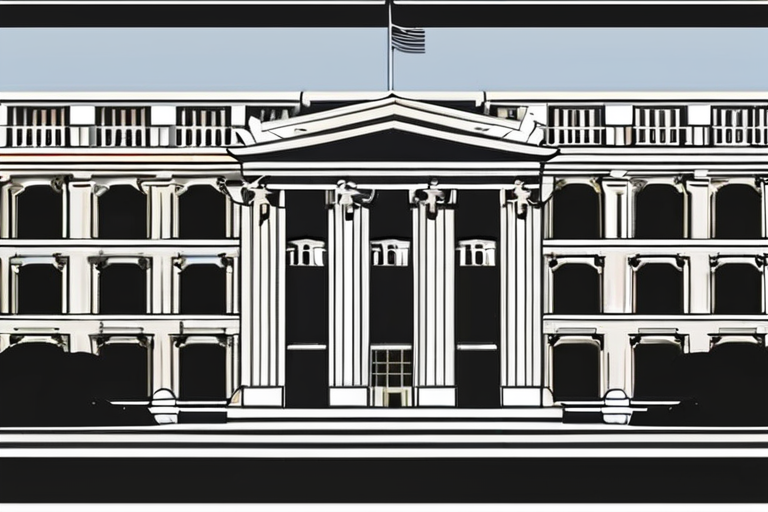
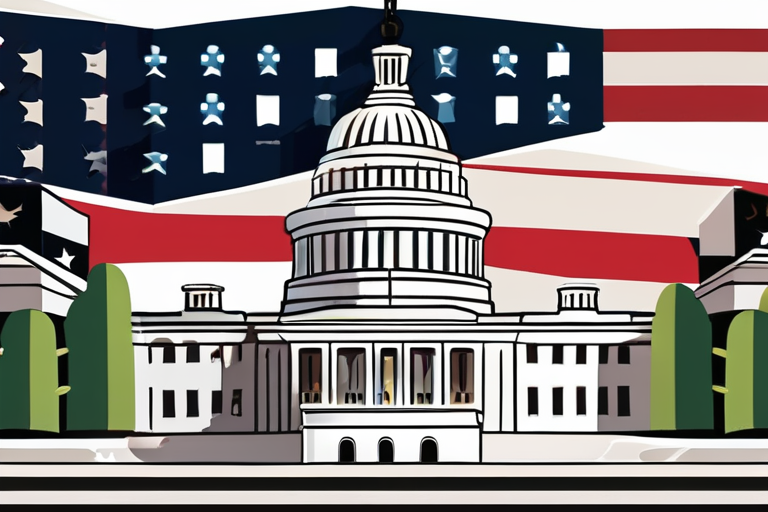
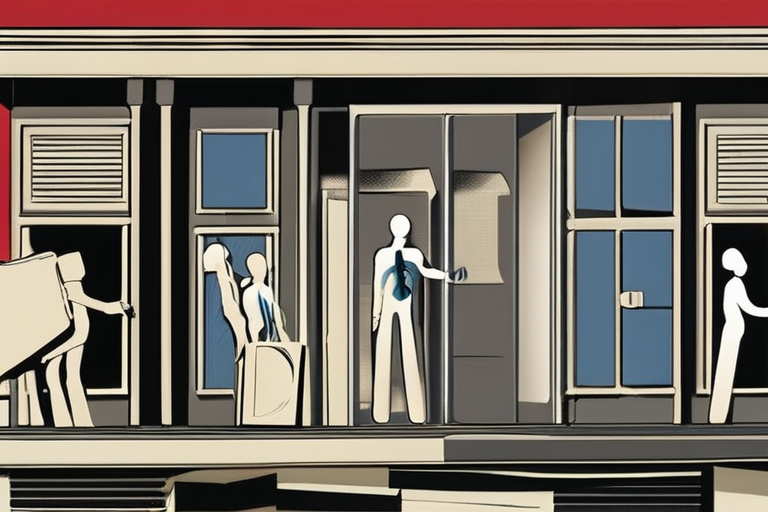
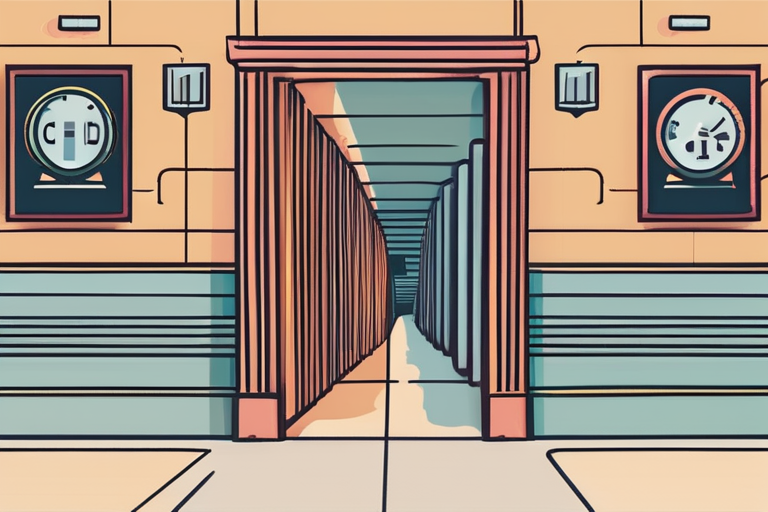
Share & Engage Share
Share this article